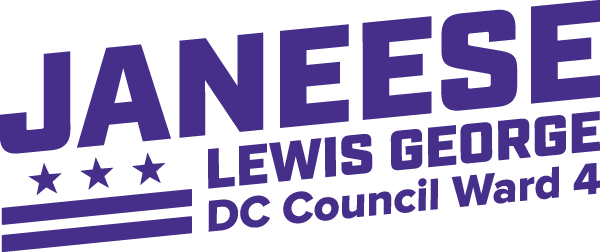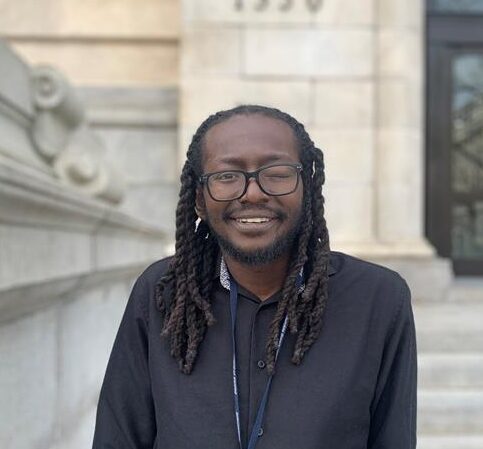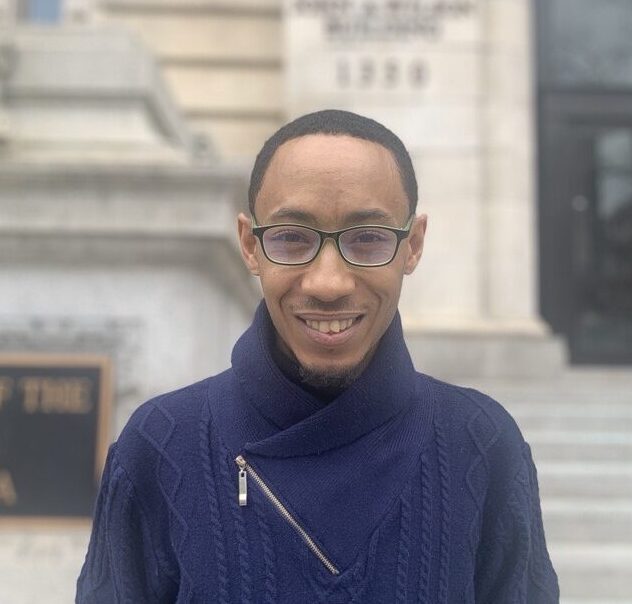Get Started by Making a 311 Request
Help us help you by reporting your issue directly to 311 for assistance first, if possible. 311 is DC’s central non-emergency reporting service for government services. We are happy to provide further assistance to make sure the issue is resolved.
You can make a 311 request by: visiting the 311 website, calling 311, texting 32311, or downloading the DC311 app for iPhone or Android.
Contact Our Constituent Services Team
To submit a constituent services request with our office, please contact someone from our constituent services team:
- Kristian Smith: kasmith@dccouncil.gov or 202-538-4029
- Darrell Whitmyer: dwhitmyer@dccouncil.gov or 202-913-8502
You can also reach the main office by calling 202-724-8052.
When you reach out to us, please don’t forget to share your name and contact info so we can get back in touch with you about your request.
If you submitted a 311 request related to this issue, please also share the 311 request number with us to help streamline our response to your request.
We are looking forward to supporting you with the issue you are facing!


